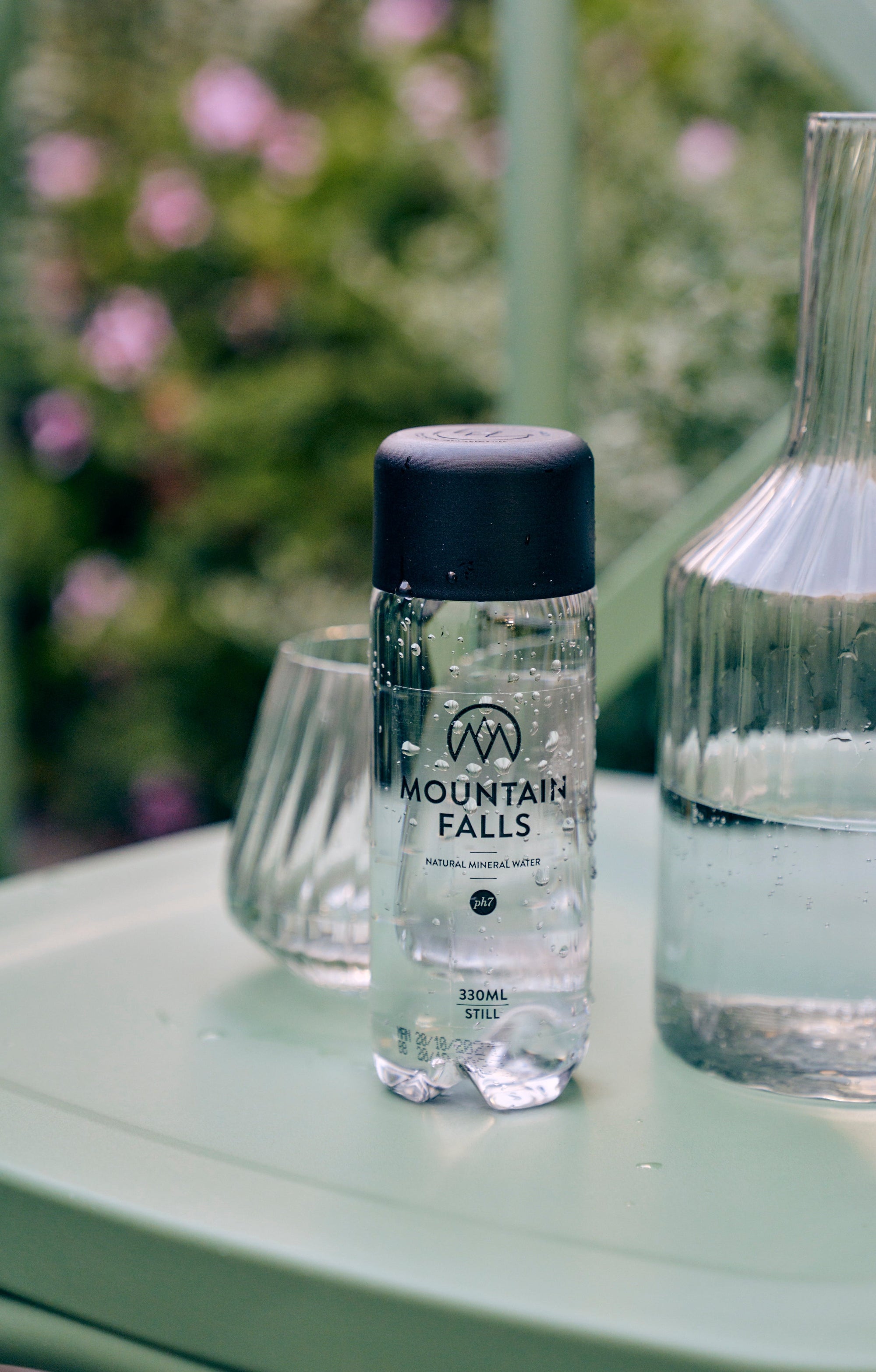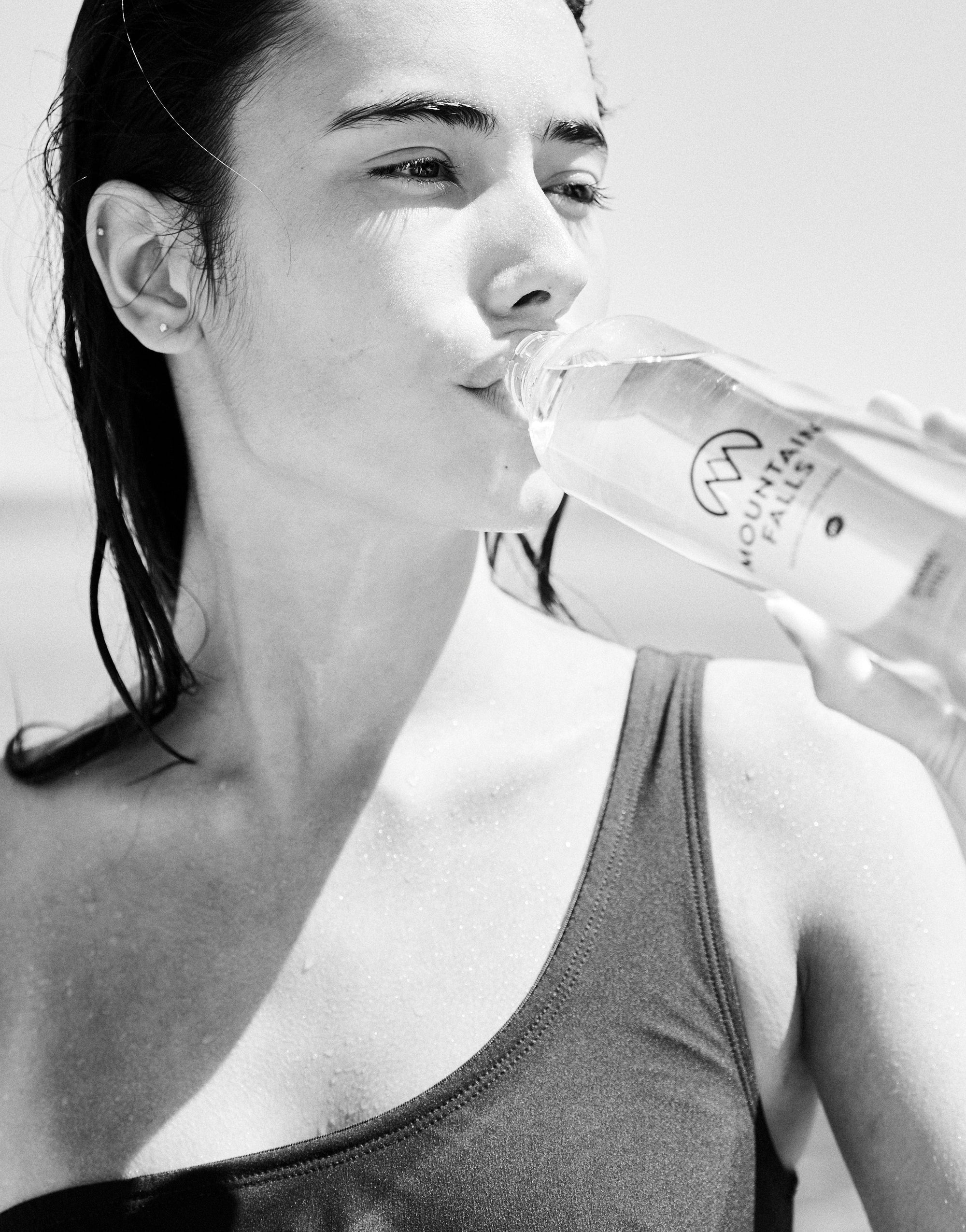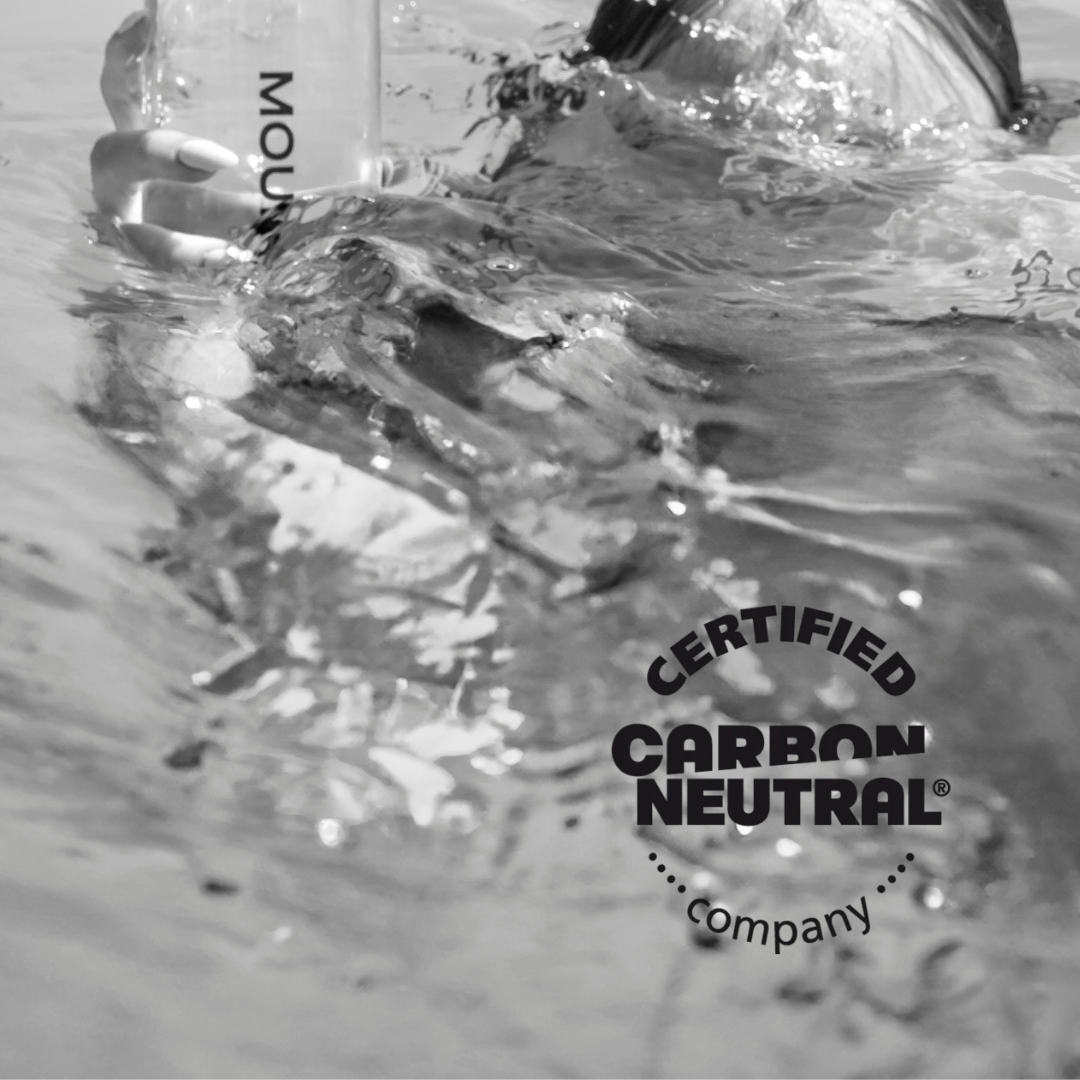Key Takeaways
-
Still water is free from carbonation and often sourced from natural springs or aquifers, offering a pure and refreshing hydration option.
-
It differs from tap water in origin, treatment, and quality, with bottled still water undergoing stringent filtration processes for consistent purity.
-
Drinking still water provides health benefits such as improved hydration, skin health, kidney function, and temperature regulation, making it ideal for South Africa's warm climate.
-
Bottled still water often contains essential minerals like calcium and magnesium, supporting overall bodily functions, though low-mineral options are preferable for infants.
-
Proper storage of bottled still water in cool, dark places helps maintain its quality, taste, and safety over time.
-
Choosing between bottled still water and tap water depends on factors such as taste, convenience, and regional access to safe drinking water.
When it comes to still water, you might think there’s not much to question. Yet, in South Africa, where clean water is a precious resource, people often wonder about its quality, benefits, and how it compares to other options. Whether you're reaching for a bottle on a hot summer day or considering its role in your daily hydration, still water sparks curiosity.
You may find yourself asking: Is bottled still water really better than tap? What makes it "still", and how does it impact your health? These are just a few of the common questions South Africans have as they navigate choices in a country where water conservation and quality are vital. By understanding these queries, you’ll be better equipped to make informed decisions about the water you drink and its role in your lifestyle.
What Is Still Water?

Still water refers to water that doesn’t contain added carbonation. It's often sourced from natural springs, underground aquifers, or processed municipal supplies. In South Africa, still water is widely consumed due to its purity and availability. Unlike sparkling water, it lacks effervescence, making it a suitable choice for hydration.
Bottled still water typically undergoes filtration or purification processes to meet quality standards. These ensure the absence of impurities while retaining essential minerals. South African brands, like Mountain Falls, focus on delivering premium still water derived from natural sources.
Still water differs from tap water in its treatment and distribution. While tap water may include additives like chlorine, bottled still water is usually free from chemicals and tailored for a cleaner taste. It's a preferred option for health-conscious individuals, particularly when safe drinking water access is inconsistent in parts of South Africa.
Is Still Water the Same as Tap Water?
Still water and tap water differ in origin, treatment, and quality. Still water is typically sourced from natural springs or underground aquifers and undergoes filtration or purification processes to meet stringent quality standards. Tap water, on the other hand, comes from municipal sources and is treated with additives such as chlorine to ensure safety for public distribution.
In South Africa, tap water quality varies depending on the region, with urban areas generally providing safe drinking water while rural areas sometimes face inconsistencies. Bottled still water, such as Mountain Falls, offers an appealing alternative, delivering purified water free from additives while maintaining essential minerals. This makes still water particularly beneficial for health-conscious individuals or anyone prioritising consistent purity.
Although both still water and tap water can hydrate you effectively, the choice often comes down to taste preference, quality concerns, and convenience, especially in areas with unreliable water infrastructure.
What Are the Benefits of Drinking Still Water?
Drinking still water supports various essential bodily functions, making it an indispensable part of a healthy lifestyle. In South Africa, where hydration is critical due to the often hot climate, turning to still water ensures you're consuming a pure, nutrient-supportive liquid.
-
Hydration and Nutrient Distribution
Still water hydrates the body effectively, carrying oxygen and essential nutrients to your cells. This supports overall energy levels and keeps vital organs functioning smoothly.
-
Improved Skin Health
Staying hydrated with still water improves skin elasticity and maintains a healthy, glowing complexion by promoting cell regeneration. It's an additive-free alternative, ideal for sensitive skin.
-
Internal Temperature Regulation
By drinking still water, especially during South Africa's warmer seasons, you help regulate your body temperature. This natural cooling mechanism reduces the risk of heatstroke or dehydration.
-
Kidney Health and Detoxification
Still water aids in preventing kidney stones and supports your kidneys in eliminating toxins. In regions where dietary mineral intake may be limited, consuming water with retained natural minerals like magnesium and calcium is particularly beneficial.
-
Digestive System Support
Proper hydration with still water ensures smooth digestion by dissolving fats and soluble fibres. This reduces the risk of constipation and enhances nutrient absorption for optimal health.
-
Calorie-Free Hydration
Unlike many sugary beverages, still water contains no calories, artificial sugars, or additives. Opting for still water aligns seamlessly with weight management or fitness goals.
-
Maintaining Blood Pressure and Airway Function
Still water contributes to the stability of blood pressure levels and supports smooth airway function, ensuring proper oxygen supply to vital parts of the body.
In South Africa, the availability of bottled still water derived from protected aquifers or natural springs underscores its purity and health benefits. Its straightforward composition and natural mineral content set it apart from both tap water and sparkling options, making it an ideal choice for everyday hydration.
Does Still Water Contain Minerals?
Still water naturally contains essential minerals, depending on its source. South African still water, particularly from natural springs or aquifers, often includes minerals like magnesium, potassium, calcium, and sodium. These minerals play a critical role in supporting hydration and overall bodily functions, such as nutrient transport and bone health.
The degree of mineral content is measured by Total Dissolved Solids (TDS). Higher TDS levels in still water indicate a richer mineral profile. Spring water, for instance, is a popular choice in South Africa due to its naturally high mineral content. If you're seeking additional still water benefits, opting for mineral-rich bottled water can aid in supplementing your dietary intake.
Unlike tap water, which is treated for safety and may contain added chemicals like chlorine, bottled still water often retains its natural composition. This distinction makes premium options sourced from protected environments, like South African mountain springs, highly appealing for health-conscious individuals.
By choosing still water with a balanced mineral composition, you can optimise hydration while benefiting from the natural nutrients it provides.
How Should I Store Bottled Still Water?

Proper storage of bottled still water preserves its quality and freshness. Keep it in a cool, dark place, away from direct sunlight, to prevent changes in taste or chemical composition. Temperatures should remain consistent, ideally between 10°C and 15°C, as extreme heat can affect bottle integrity, especially for plastic containers.
Always store bottled still water upright to minimise exposure to the bottle cap, reducing the risk of contamination. Ensure bottles are sealed tightly after each use to maintain cleanliness and prevent any odours from the surrounding environment from permeating the water.
If you've opened a bottle, consume the contents within 2-3 days, particularly in South Africa's warm climate. Unfinished still water should be refrigerated to slow bacterial growth, especially for non-disposable bottles used during outdoor activities or travel. Avoid freezing still water, as this can alter its mineral structure and affect its refreshing taste.
When comparing still water to sparkling options, storage practices remain similar. However, still water doesn’t require pressure retention, making it more stable during temperature changes. For this reason, understanding how to store still water properly ensures optimal quality and maximises its hydration benefits.
Is Bottled Still Water Safer Than Tap Water?
Bottled still water often undergoes extensive filtration processes, providing a high level of purity that meets stringent safety standards. In South Africa, trusted bottled water brands source water from natural springs or underground aquifers, preserving essential minerals like calcium and magnesium while eliminating contaminants. This makes bottled still water an appealing choice, especially in areas with inconsistent access to safe drinking water.
Tap water in South Africa is strictly regulated and monitored to ensure safety, particularly in urban regions. It typically contains added chlorine to eliminate harmful microorganisms, making it a reliable option in most locations. However, tap water sometimes includes additives or has variable taste profiles depending on the region, which could be less appealing to some consumers. In rural areas where infrastructure may lack reliability, bottled still water is often chosen for added assurance of quality and safety.
If you're deciding between bottled still water and tap water, factors like taste preference, convenience, and access to tested water sources come into play. While tap water may contain essential fluoride, which supports dental health, bottled still water offers consistent purity and a clean, refreshing taste. For outdoor activities or hot climates like those in many parts of South Africa, bottled still water provides a dependable hydration option free from potential contaminants present in unmonitored water sources.
Why Does Bottled Still Water Have an Expiration Date?
Bottled still water includes an expiration date to ensure its safety and quality over time. While water itself doesn't spoil, the packaging material can affect its taste and safety. In South Africa's climate, high temperatures can cause chemicals from plastic bottles to leach into the water if stored improperly for extended periods.
South African regulations require expiry dates on bottled still water for compliance and consumer guidance. These dates help ensure you're consuming water that's been stored under optimal conditions. If packaging integrity is compromised, such as through exposure to direct sunlight or high heat, you may notice changes in taste or quality before the indicated expiration date.
Microbial risks increase for opened bottles, especially in warm environments. It's advisable to finish opened water within 2-3 days and store it in a refrigerator. This practice ensures you retain the full hydration benefits of still water without contamination risks.
Can I Use Still Water in Home Appliances?
Still water can often be used in home appliances like irons, coffee makers, and humidifiers. Its lack of carbonation reduces the chance of damage caused by residue build-up. However, the presence of minerals in still water depends on its source. Bottled still water in South Africa typically contains natural minerals, which may contribute to scaling in appliances over time.
If your appliance requires distilled or demineralised water, using mineral-rich still water could result in deposits. Always check the manufacturer's guidelines before use. In South Africa, where tap water can vary in quality and mineral content, bottled still water provides an alternative for daily use in appliances that don’t specifically demand demineralised options.
Still water offers benefits such as purity, making it a safer option for appliances compared to inconsistent-quality tap water. However, for extended appliance lifespan and efficiency, consider the mineral compatibility of the water source.
Is Still Water Suitable for Infants and Young Children?
Still water is generally considered safe for infants and young children in South Africa when sourced from trustworthy providers adhering to safety standards. Bottled still water, such as that from Mountain Falls, is often filtered and purified to remove harmful contaminants while retaining natural minerals. This makes it a reliable choice, especially in regions where tap water quality may vary.
Boil still water before giving it to infants under six months to eliminate any potential bacterial contamination. While bottled still water undergoes strict quality checks, boiling ensures an additional layer of safety for a baby's delicate system.
Avoid using mineral-rich still water for infants as excessive mineral levels, particularly sodium, can strain their developing kidneys. Instead, choose low-mineral water labelled with a Total Dissolved Solids (TDS) level below 200 mg/L. Brands in South Africa often indicate this information on the packaging, helping you make informed decisions.
Introduce still water to young children over six months as part of their hydration routine alongside milk or formula. Unlike sparkling options, still water lacks carbonation, which can cause discomfort in young children. Its mild taste and absence of additives make it a suitable hydration option for daily use.
Focus on using reputable bottled still water sources in rural South African areas with inconsistent access to safe tap water. The stringent purification processes of bottled still water provide peace of mind in terms of health and quality.
Mountain Falls Mineral Water
Address: Firgrove Industrial Estate, 10 Blend Crescent, Cape Town 7130
Phone: 021 205 1949
Website: mountainfalls.co.za
Email: team@mountainfalls.co.za
Facebook: facebook.com/MountainFallsWater
Instagram: @mountainfallssa
Google Business Profile: View Profile
Frequently Asked Questions
What is still water?
Still water refers to non-carbonated water that contains no added gases or effervescence. It is typically sourced from natural springs, underground aquifers, or processed municipal supplies.
Is bottled still water safer than tap water in South Africa?
In most cases, bottled still water offers higher purity as it undergoes filtration and meets stringent quality standards. It is a popular choice in areas where tap water quality may vary or contain additives like chlorine.
What are the health benefits of drinking still water?
Still water hydrates the body, supports healthy skin, regulates temperature, prevents kidney stones, and aids digestion. Its lack of calories makes it ideal for weight management and maintaining overall health.
Does still water have minerals?
Yes, still water naturally contains essential minerals like magnesium, calcium, and potassium, depending on its source. Bottled varieties often retain these minerals while eliminating impurities through purification processes.
How should I store bottled still water?
For freshness, store it in a cool, dark place away from sunlight, ideally at 10°C-15°C. Once opened, consume within 2-3 days and refrigerate it to maintain quality. Avoid freezing, as it could alter the mineral structure.
Can infants drink still water?
Still water is safe for infants when sourced from reliable providers. For infants under six months, boil the water to eliminate any potential bacteria. Opt for low-mineral varieties with TDS levels below 200 mg/L.
Does still water expire?
While water itself does not spoil, the packaging can affect its taste and safety over time. Expiry dates ensure it’s consumed under optimal conditions. Opened bottles should be refrigerated and consumed within 2-3 days.
Is still water good for home appliances?
Still water lacks carbonation, reducing the risk of residue build-up. However, mineral-rich water may lead to scaling in appliances that require distilled or demineralised water. Check appliance guidelines before use.
Why is bottled still water popular in South Africa?
Bottled still water is valued for its purity, reliable quality, and availability, especially in areas with inconsistent tap water access. Many South African brands offer premium water sourced from natural springs or aquifers.
How does still water differ from tap water?
Still water typically comes from natural sources and is extensively purified, retaining beneficial minerals. On the other hand, tap water contains additives like chlorine and its quality may fluctuate based on the region.
Discover more from Mountain Falls:



